Attending the seminar were Mr. Nguyen Tran Quang, Deputy Director of HPA; Mr. Lam Quang Nam, Vice President of Vietnam Software and Information Technology Services Association (VINASA); Prof. Dr. Nguyen Mai, President of Vietnam Association of Foreign Investment Enterprises (VAFIE); Assoc. Prof. Dr. Tran Dinh Thien, former Director of Vietnam Institute of Economics; Mr. Le Hoang Phuc, Director of Da Nang Center for Research and Training in Microchip Design and Artificial Intelligence (DSAC) under the Department of Information and Communications of Da Nang City...
In the context of globalization and rapid technological development, the semiconductor industry has become an important pillar in the digital economy. With its strategic location and outstanding development potential, Hanoi is emerging as an attractive destination for foreign investors in this field. However, besides great opportunities, Hanoi also faces many significant challenges.
The presentations together clarified the factors that make Hanoi attractive to international investors, while analyzing the difficulties that need to be overcome to optimize opportunities and promote the sustainable development of the semiconductor industry in the city.
Sharing at the conference, Associate Professor, Dr. Tran Dinh Thien, former Director of the Vietnam Economic Institute, emphasized that semiconductors are a very fierce global race, so investment attraction policies must be superior to those of other countries in the world.
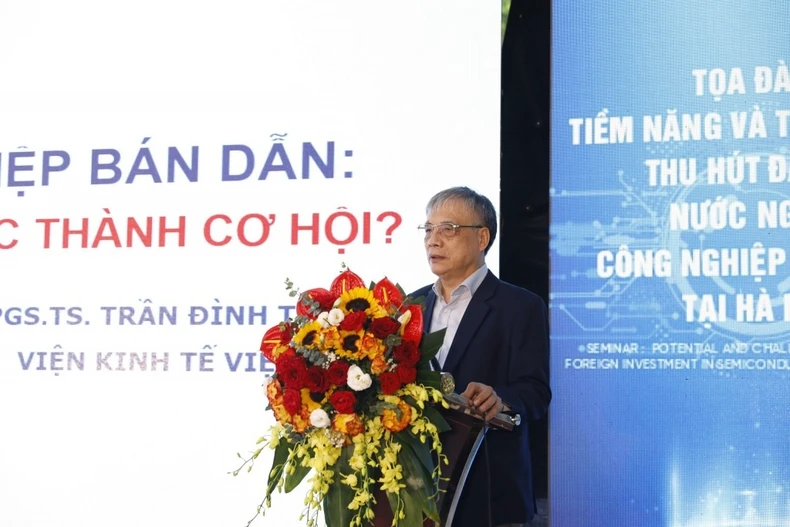 |
Associate Professor, Dr. Tran Dinh Thien, former Director of the Vietnam Economic Institute, shared at the seminar. |
“The approach to this issue needs to be more intense because this is a matter of survival and must be approached in a different direction from the past until now in a game of changing times,” Associate Professor, Dr. Tran Dinh Thien expressed his opinion.
According to him, global competition requires technology, capital and human resources. To attract investment, there also needs to be a competitive environment, openness, transparency, as well as superior institutions and modern governance.
Citing some countries as examples, Associate Professor, Dr. Tran Dinh Thien said that over the past 3 years, the United States has attracted 395 billion USD in foreign investment in semiconductor manufacturing. The US Department of Commerce announced the disbursement of 50 billion USD to US companies and organizations for research, development and chip production, strengthening the national chip supply.
In May 2024, South Korea announced a $19 billion chip stimulus package, including $12.4 billion in investment support and tax incentives. Meanwhile, Malaysia is creating a new development model, which is to develop a cross-border semiconductor ecosystem…
“Countries that are behind in this field such as Indonesia, Malaysia, Singapore, India… are all trying to get ahead. If Vietnam wants to compete to attract investment to develop the semiconductor industry, it must create something attractive and different,” said the former Director of the Vietnam Economic Institute.
He said that Vietnam is participating in the global semiconductor chain as an emerging manufacturer of assembly and testing (OSAT – accounting for 6% of semiconductor product value). In the medium term, Vietnam has the potential to become a regional OSAT hub.
However, Vietnam currently lacks the basic components of the semiconductor industrial ecosystem such as technology, chain, human resources, capital, data and energy. “Especially energy, if we do not prepare carefully on this issue, it will be very difficult to attract investors,” said Associate Professor, Dr. Tran Dinh Thien.
Giving some recommendations, he said that Vietnam needs to invest in the field of research & development (R&D), focus on training in information technology to solve the shortage of semiconductor talent in the country, help improve labor capacity, and support Vietnam to participate in chip design.
Talking about the prospect of attracting investment in the semiconductor industry in Hanoi, Professor, Dr. Nguyen Mai, Chairman of the Association of Foreign Investment Enterprises, said that Hanoi has many advantages, being the economic, educational, scientific and technological center; being the political and administrative center of Vietnam; at the same time, there are many universities with a team of professors and leading experts in science and technology, and the number of enterprises is increasing.
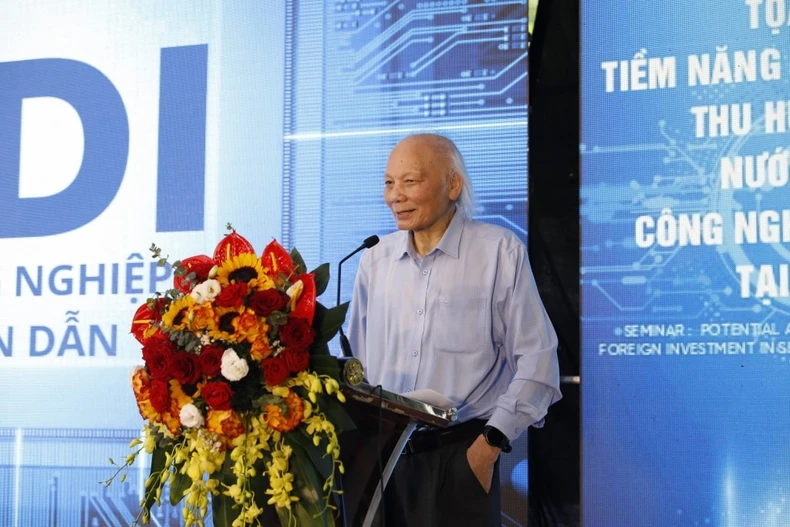 |
Professor, Dr. Nguyen Mai, Chairman of the Association of Foreign Investment Enterprises, spoke at the seminar. |
However, according to him, Hanoi has not effectively exploited the potential and advantages of the capital. Specifically, the city's economic growth in the first 6 months of 2024 only reached 6%, lower than the national average and behind some localities such as Bac Giang, Khanh Hoa, Thanh Hoa, Ha Nam, Hai Phong, and Ho Chi Minh City. Accumulated FDI attraction by the end of 2023 was 41.17 billion USD, accounting for 8.8%.
The reasons are slow access to innovative thinking and action; slow innovation of growth models; slow improvement of coordination between the capital government and central ministries, branches, scientific institutes and universities.
Regarding some recommendations, Professor, Dr. Nguyen Mai said that the Hanoi Department of Information and Communications needs to proactively build a list of investment incentive projects, which not only encourages investment in the semiconductor industry but also encourages investment in future technologies such as artificial intelligence, Internet of Things (IoT), Blockchain, etc.
Along with that, strongly improve investment promotion activities in the direction of having an address, meaning that when any corporation intends to invest in Hanoi, in line with the city's orientation, work directly with senior officials of that corporation via the internet until the two sides reach an agreement on the contents, then proceed to negotiate to quickly assess and grant investment licenses and guide them in implementation.
In addition, Professor, Dr. Nguyen Mai also recommended that Hanoi must overcome bottlenecks in technical infrastructure, modernize infrastructure towards circular economy, digital economy; at the same time, quantify the effectiveness and efficiency of the administrative system...
During the roundtable discussion, the speakers focused on analyzing the potential, advantages and challenges of Hanoi in attracting investment to develop the semiconductor industry, as well as proposing solutions so that the city can make the most of those potentials and advantages to create a breakthrough in the increasingly hot semiconductor race today.








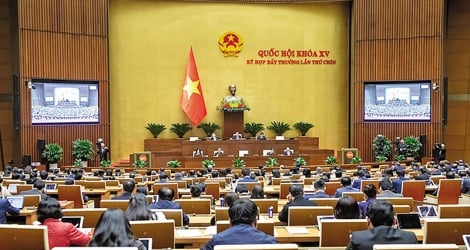

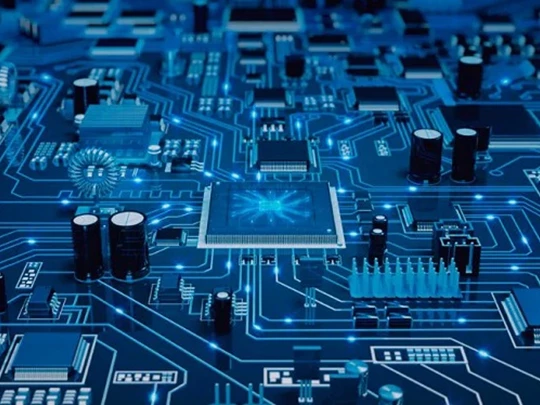

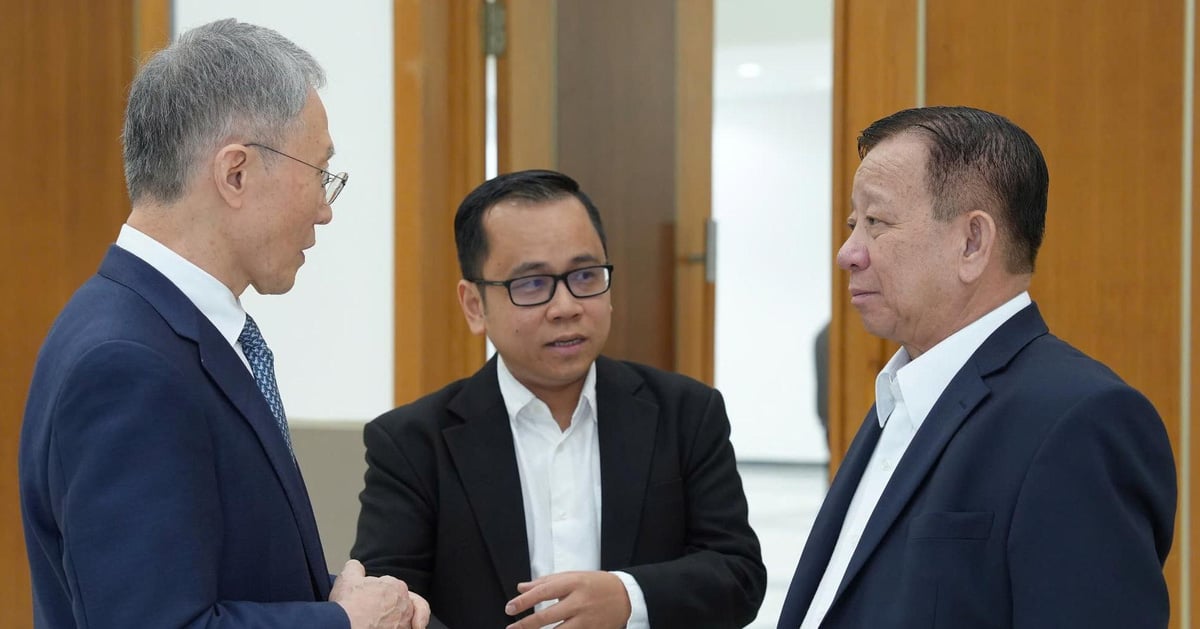


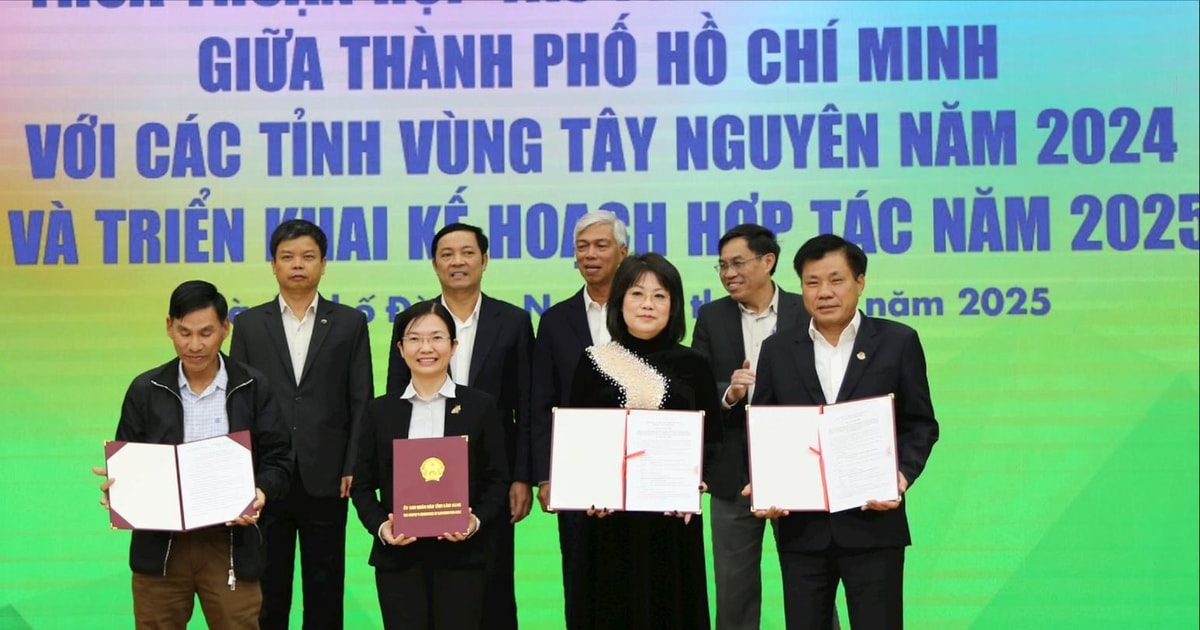
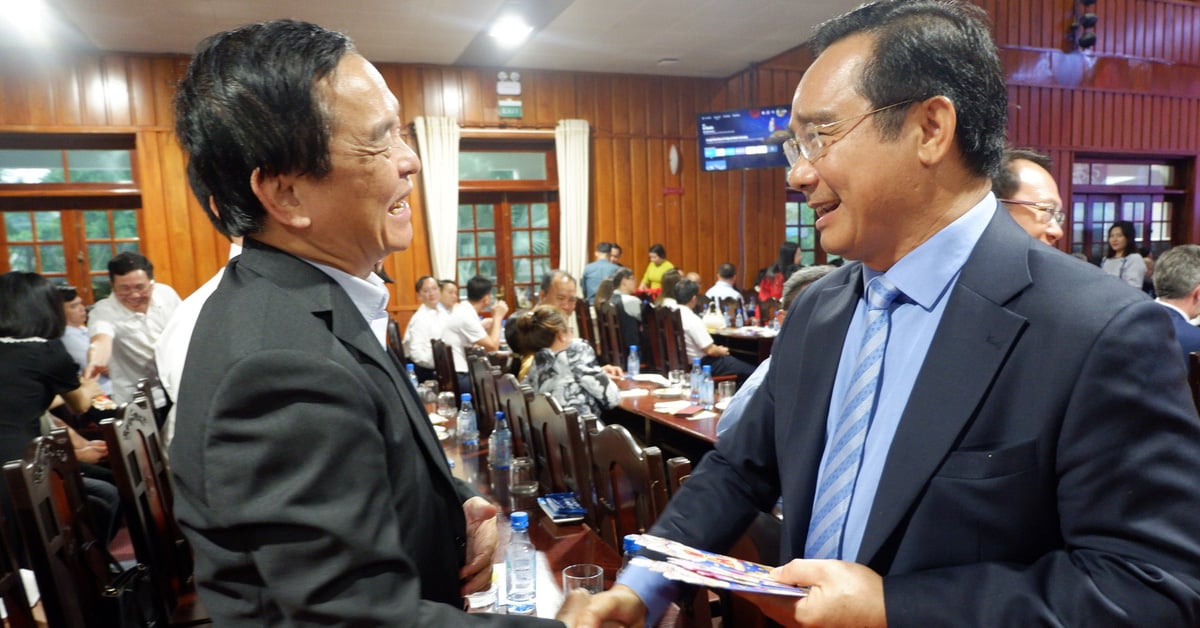



















![[Photo] Prime Minister Pham Minh Chinh chairs Government Conference with localities on economic growth](https://vstatic.vietnam.vn/vietnam/resource/IMAGE/2025/2/21/f34583484f2643a2a2b72168a0d64baa)






























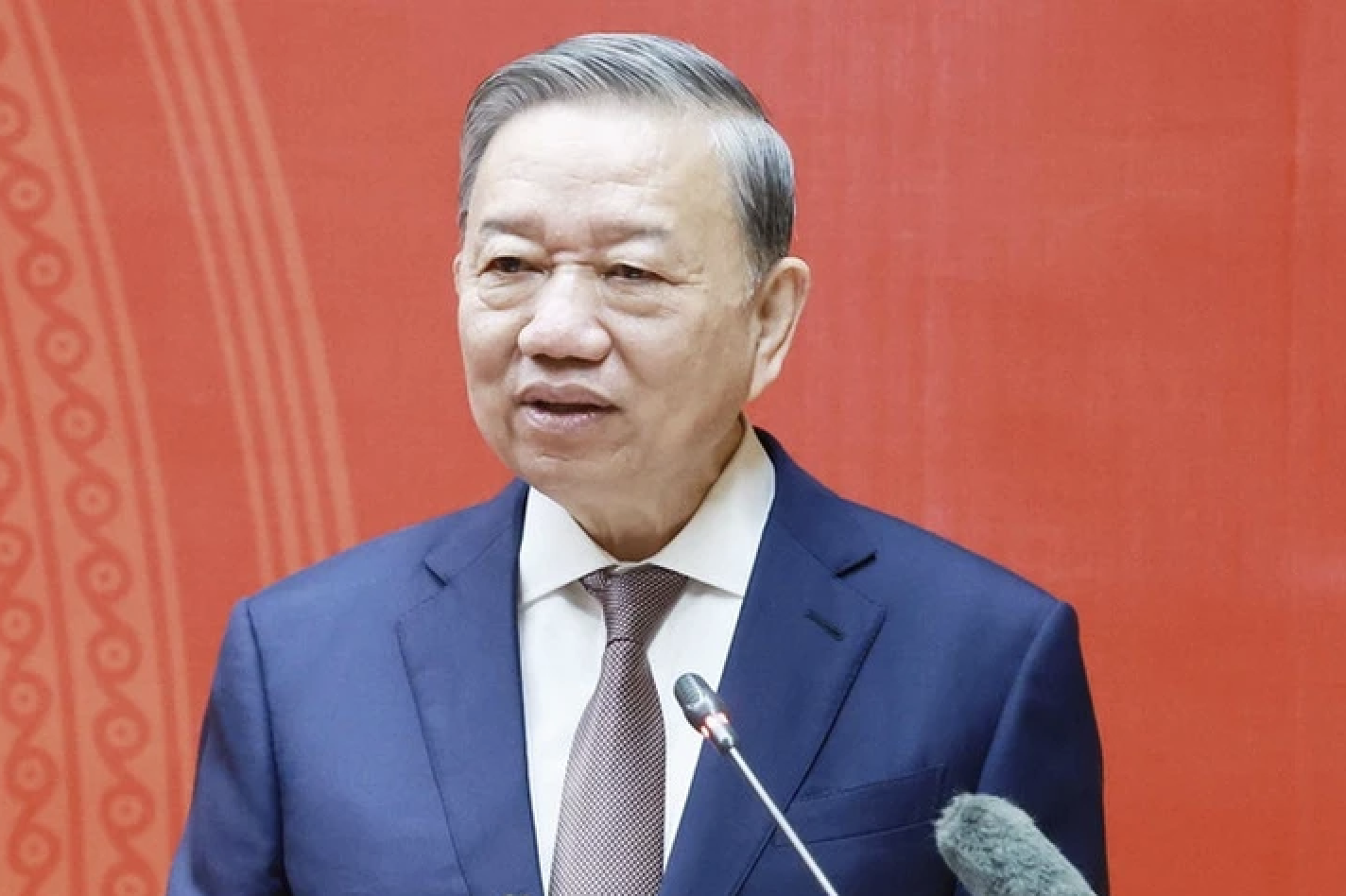
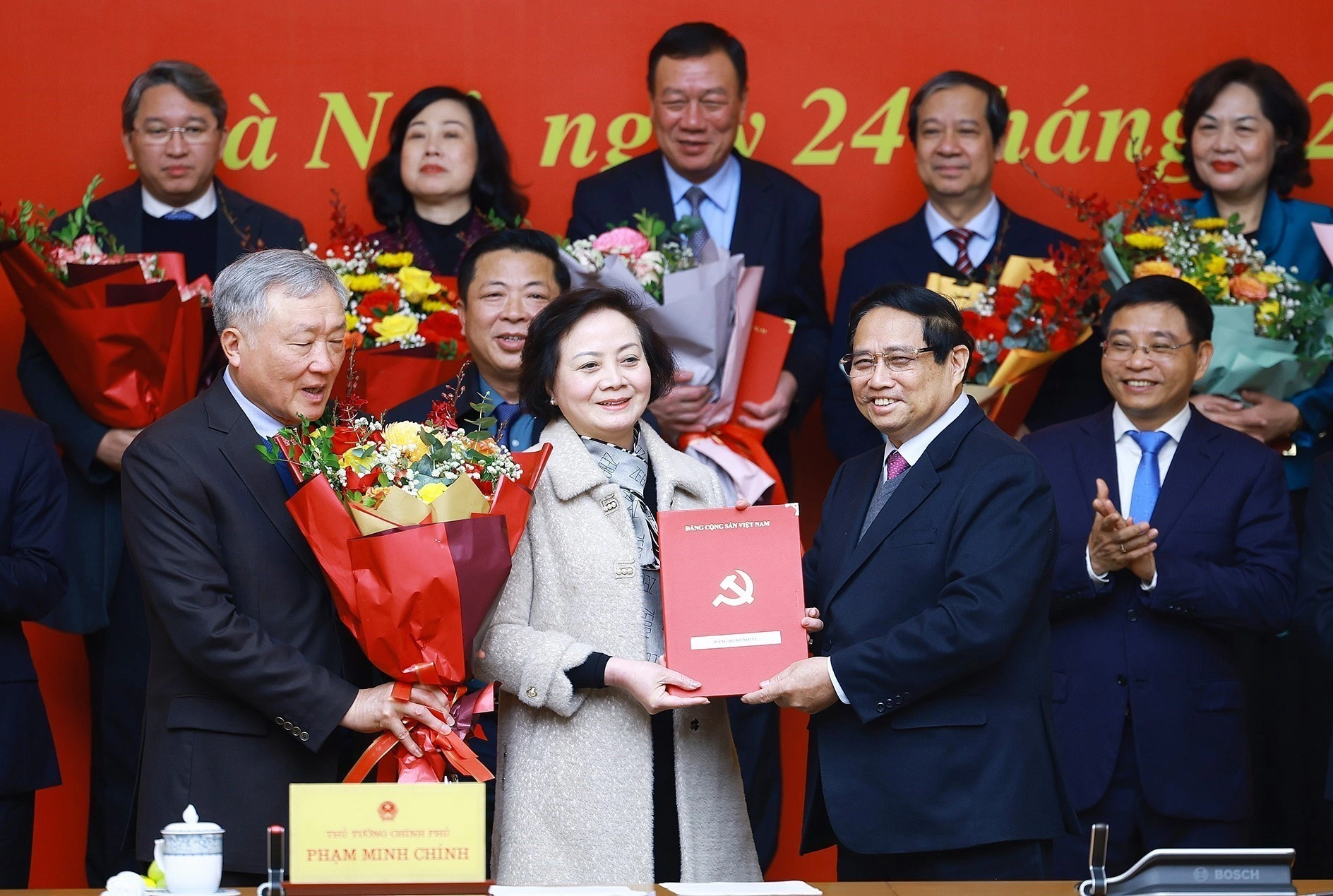
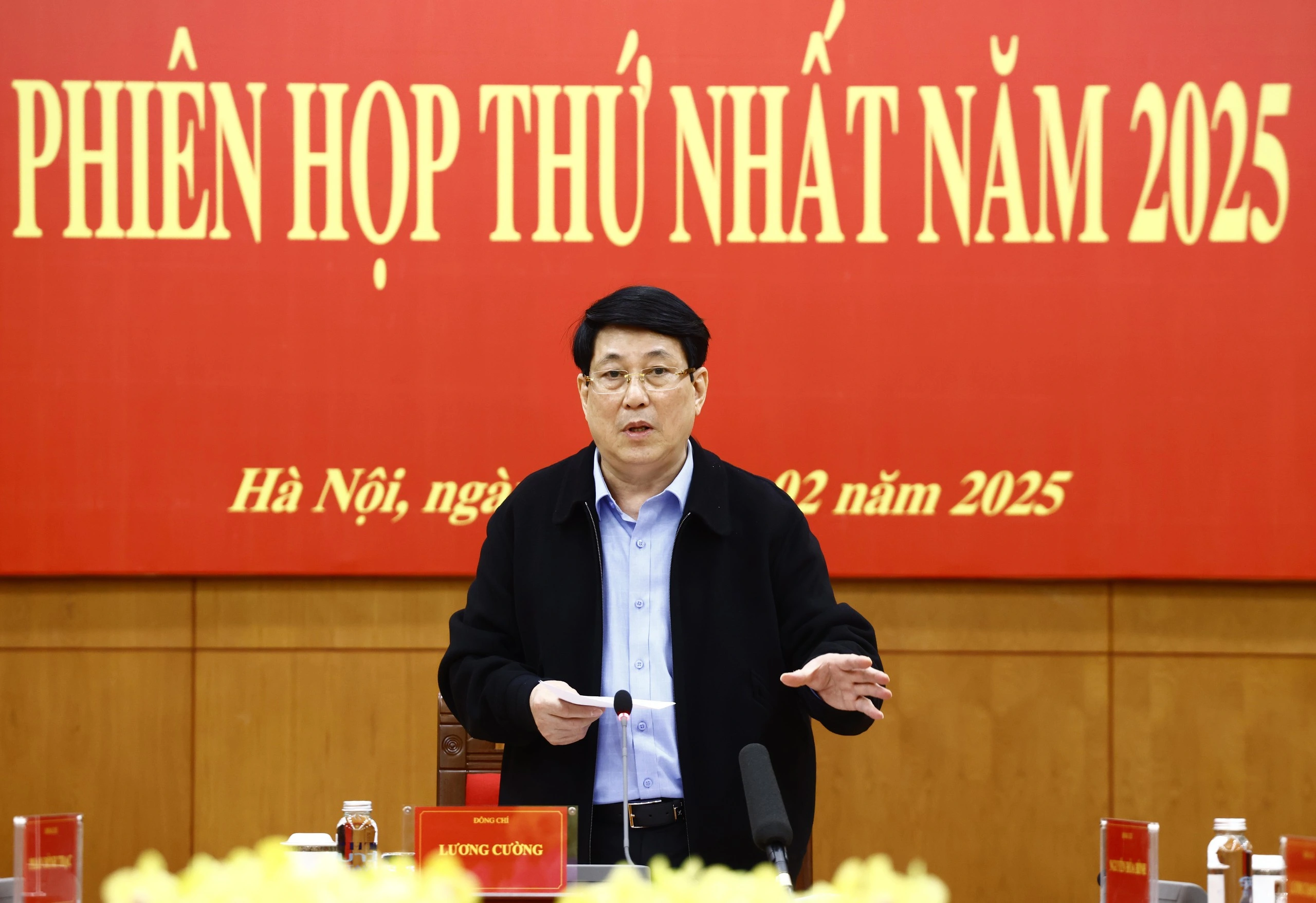















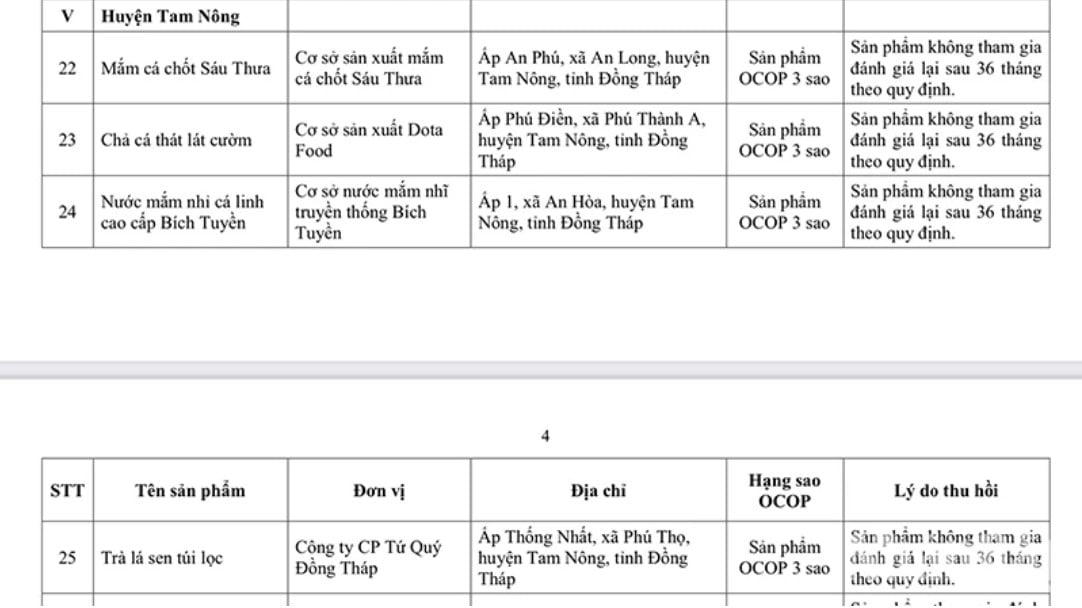

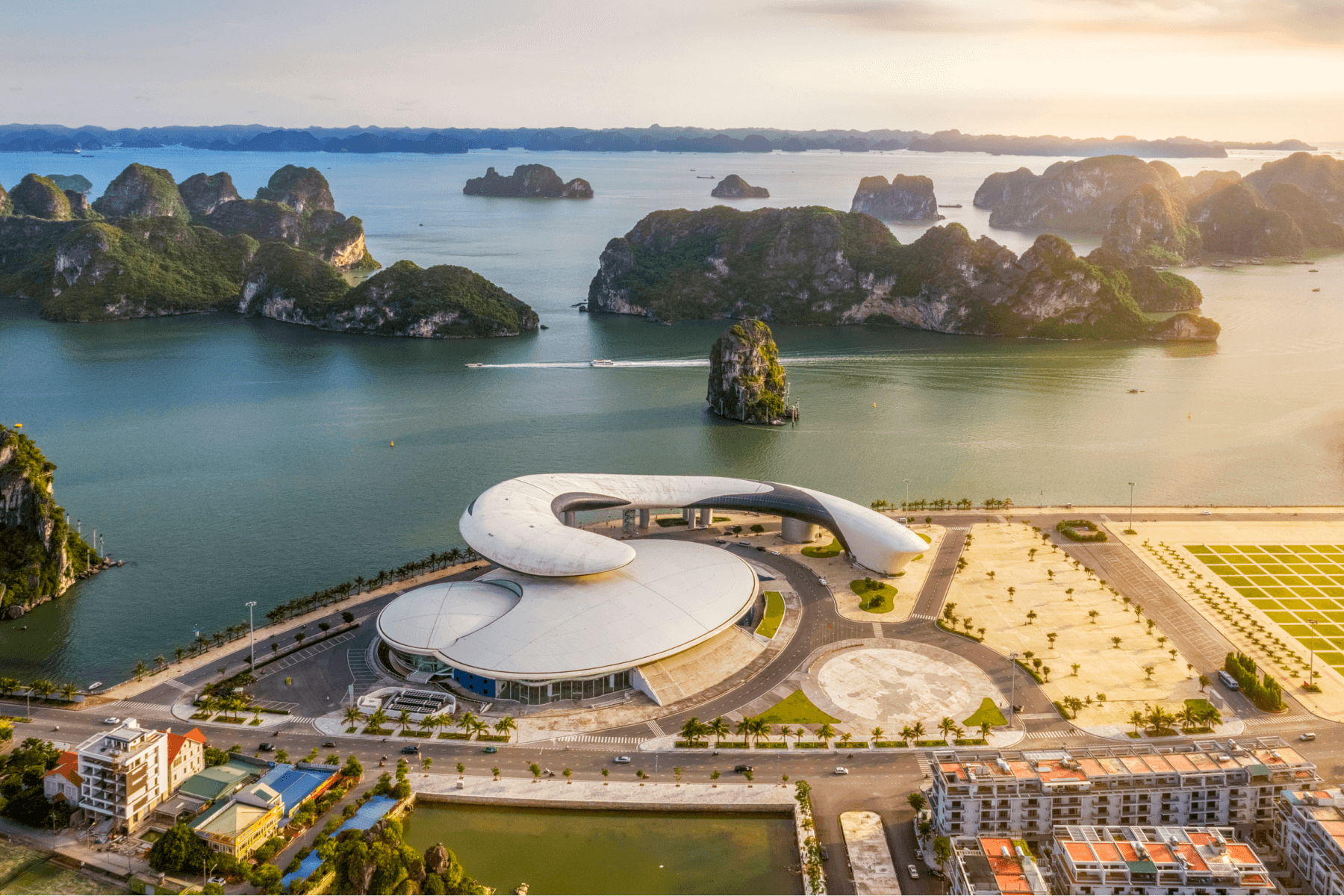
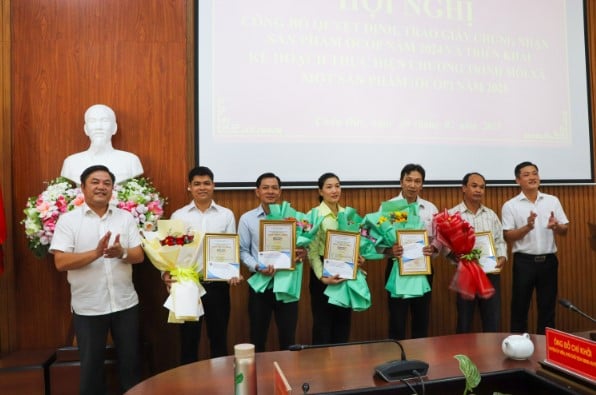
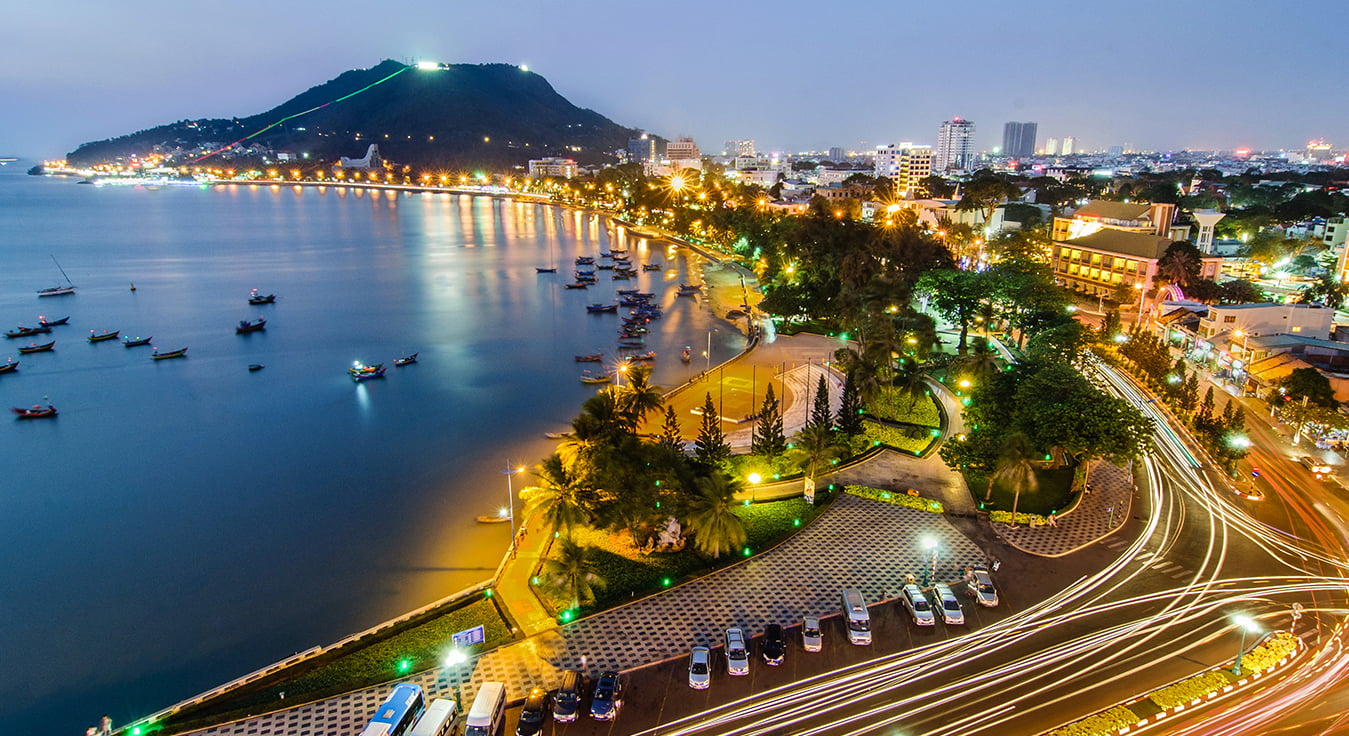
Comment (0)